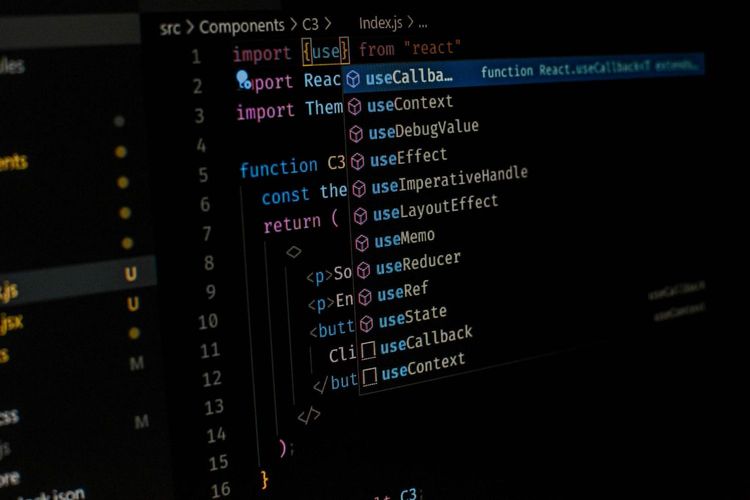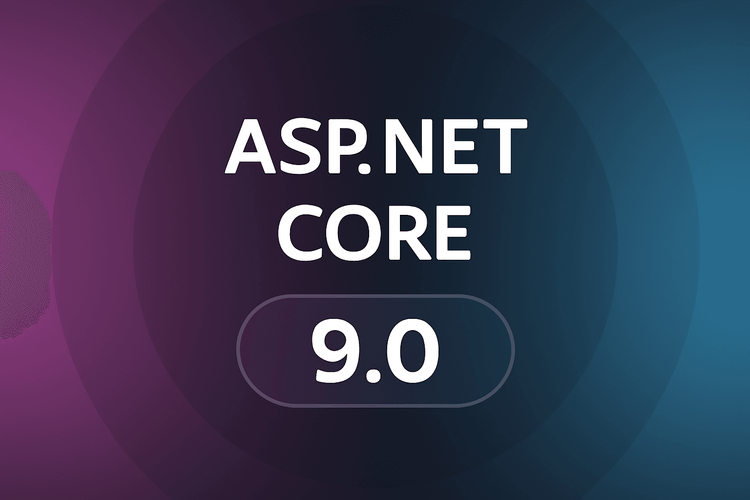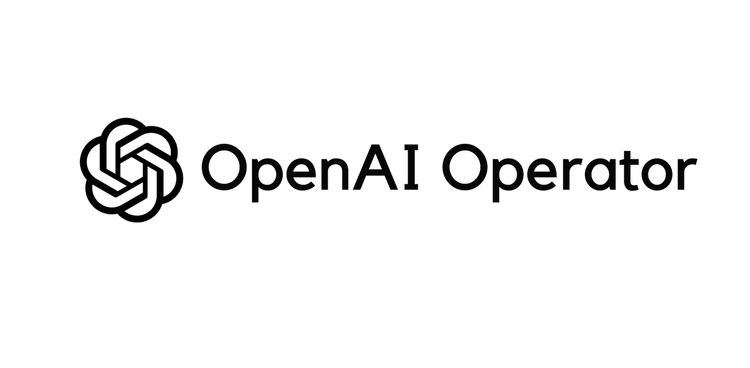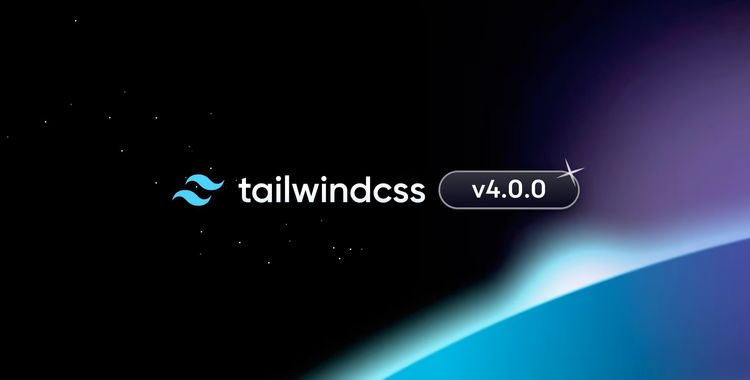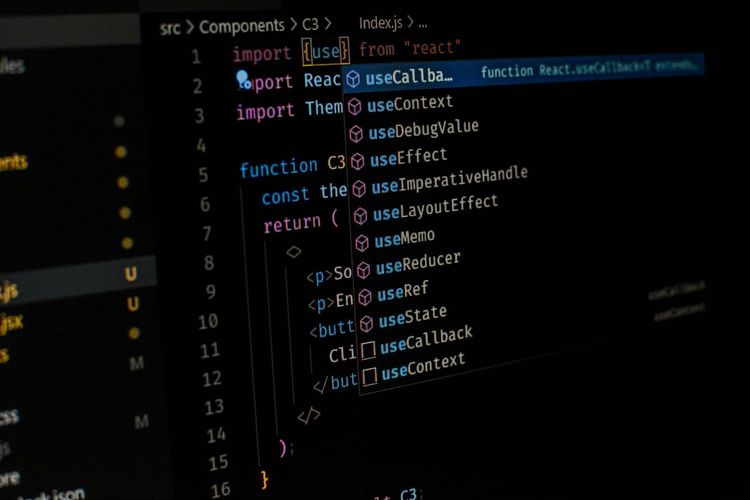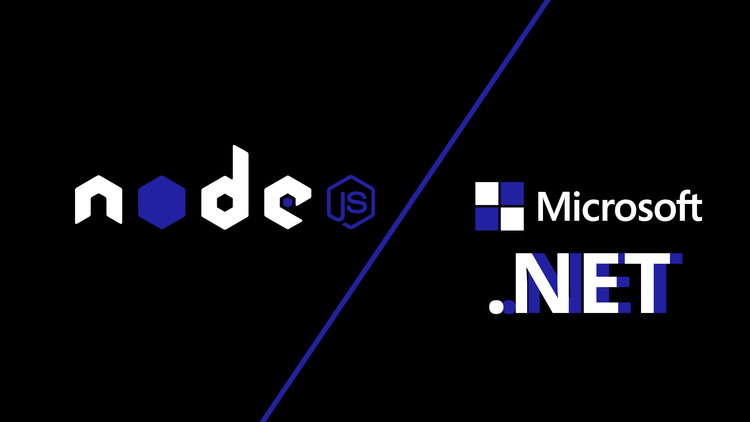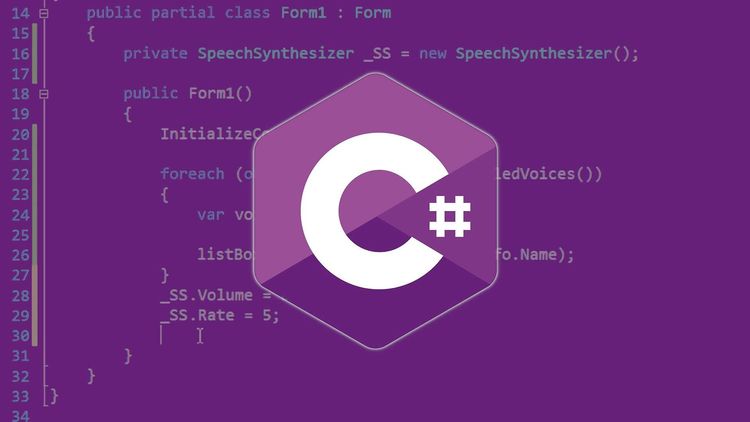When it comes to software development, the selection of a programming language is a crucial milestone that defines the trajectory and viability of the project. Various factors such as the complexity and specific requirements of the application, the availability of tools and resources, as well as the skills and preferences of the development team, come into play when considering this strategic decision. Each programming language has its own strengths and limitations, and it is essential to evaluate how they align with the long-term goals and vision of the company.
In addition, the choice of programming language also impacts practical aspects such as the maintainability and scalability of the software. Some languages are more suitable for small and agile projects, while others are designed to handle complex and large-scale systems. Evaluating these considerations in conjunction with the goals and strategy of the organization is crucial to ensure that the choice of programming language is consistent with long-term business and technological objectives. In this article, we will explore the reasons behind the choice of the most popular programming languages by companies and analyze how these factors impact the decision-making process.
The Reasons Behind the Choice of the Most Popular Programming Languages in Companies
One of the most critical factors influencing the choice of programming language is the technical and functional suitability of the language for the project at hand. Each programming language has its own strengths and weaknesses, and it is crucial to select the one that best aligns with the specific requirements of the project, taking into account:
-Platform and Device Requirements: Each platform and device has its own characteristics and restrictions, which implies that application development must adapt to these requirements to ensure compatibility and optimal performance. For example, in the case of mobile applications, such as those intended for iOS devices, the use of languages like Swift or Objective-C is imperative due to Apple's specific guidelines and development environment. Similarly, for applications designed for embedded devices or integrated systems, it is crucial to select programming languages that maximize efficiency and optimization of the limited resources available. In addition, the choice of programming language can also be influenced by considerations related to user experience and specific platform or device functionalities. Each platform may offer unique tools and APIs that can be leveraged to enhance user experience and application functionality.

-Technical Requirements: Technical and functional requirements are crucial in selecting a programming language for enterprise projects. The complexity of the project influences the choice: simple projects tend to opt for languages like Python or Ruby, while complex projects may require languages like C++ or Rust. Additionally, performance and efficiency requirements are crucial; some applications need fast performance, leading to the choice of low-level languages like C or C++, while modern web applications may prefer JavaScript with frameworks like Node.js for scalability and productivity. The choice of language must align with the project's goals and requirements, seeking a balance between functionality, performance, and maintainability.
-Computer Security: In highly regulated environments such as the banking, healthcare, and financial sectors, security and regulatory compliance considerations are essential to ensure the protection of sensitive data and compliance with relevant regulations. When choosing a programming language, companies must consider the security capabilities it offers. Some languages and technologies incorporate features such as secure memory management, prevention of known vulnerabilities, and support for robust encryption and authentication, making them more suitable for applications that handle confidential information. Evaluating these security and regulatory compliance considerations comprehensively is crucial to ensure the integrity and confidentiality of data, as well as to comply with legal and regulatory requirements governing the sector in which the company operates. Ultimately, the choice of programming language plays a fundamental role in creating robust and secure systems that protect sensitive information and comply with current regulatory compliance standards.

It is clear that choosing the right programming language for an enterprise project requires a thorough evaluation of various technical, operational, and business factors. Considerations such as integration with existing technologies, scalability, platform requirements, security, and regulatory compliance are crucial for making informed decisions that optimize the development, implementation, and maintenance of applications and software systems.
The ability to work harmoniously with preexisting systems, adapt to changing business and market demands, and comply with security and regulatory requirements are essential aspects to consider. By considering these considerations comprehensively, companies can ensure a selection of programming language that not only meets the current needs of the project but also lays the foundation for evolution and continued success in the future.











